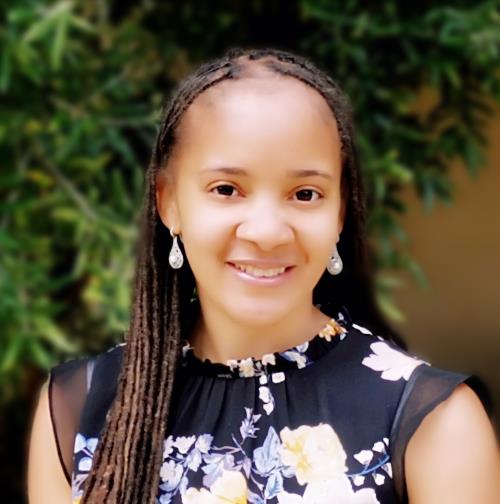Implementing digital technology in education. What are the risks and benefits?
Oxford Internet Institute
Session 389
The aim is to understand the benefits and risks from the perspectives of different stakeholder groups – the users, producers of EdTech, the regulators, and academics.
Digitalisation of education is promoted by national governments, international organisations, and technology firms. Indeed, the education technology market is one of the fastest growing tech sectors, with the global EdTech expenditure reaching about $300B in 2022. The hope is that digital technologies will increase access to education, inclusiveness, improve fairness, precision, and efficiency in education, and free it from human bias. However, technology is not neutral. Political and economic agendas as well as existing biases can be baked into code. Automated decision-making (ADM) algorithms used in the public sector can disproportionately and negatively affect already marginalised people. The consequences of using such tools may perpetuate social inequalities. Whether the implementation of digital technology in the education sector brings about more fairness and social justice depends on how it is designed and used.

Lulu is a departmental lecturer at the Department of Education, University of Oxford, and a researcher at the Oxford Internet Institute. She is a sociologist and her research spans technology, education, work and employment and organisations.
Lulu leads a project funded by the British Academy, which investigates how educational technology (EdTech) transforms education. Specifically, the project studies the role of EdTech firms – who can be seen as the architects behind the technology – in shaping education by considering the socio-political contexts they are embedded in.

Although being digitally skillful is fundamental for effectively functioning in society, it is alarming that over 700 million young people continue to lack digital skills, including the ability to read and think critically. To this end, Dr Johnston's research profile spans a large area covering skill development, focusing on two strands: (1) strengthening the development and assessment of 21st century digital skills, and (2) elevating the voices of young people from diverse backgrounds in their ethical engagement with technology. Across both strands, Dr Johnston examines and assesses how students think, read and create in digital environments.


Jun YU is an Analyst for the OECD Centre for Educational Research and Innovation (CERI). He is working on the Smart Data and Digital Technology in Education project, which explores the innovative use of new technologies and data in education and how such use transforms teaching and learning in the classroom as well as education management. His is currently drawing up a comparative analysis of the digital education infrastructure and the governance of digital education in OECD countries. His research interests also cover related topics from digital equity and privacy to algorithmic bias and datafication of education. He holds a Ph.D. in Media and Communications from the London School of Economics and Political Science.
-
 C3. Access to information and knowledge
C3. Access to information and knowledge
-
 C7. ICT applications: benefits in all aspects of life — E-learning
C7. ICT applications: benefits in all aspects of life — E-learning
-
 C8. Cultural diversity and identity, linguistic diversity and local content
C8. Cultural diversity and identity, linguistic diversity and local content
-
 Goal 4: Ensure inclusive and equitable quality education and promote lifelong learning opportunities for all
Goal 4: Ensure inclusive and equitable quality education and promote lifelong learning opportunities for all
-
 Goal 16: Promote just, peaceful and inclusive societies
Goal 16: Promote just, peaceful and inclusive societies